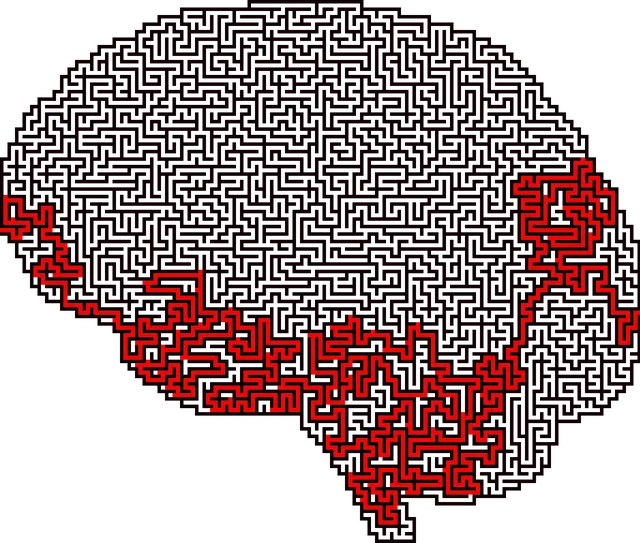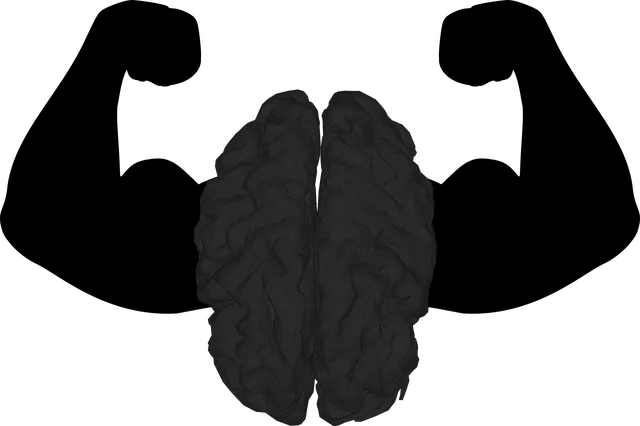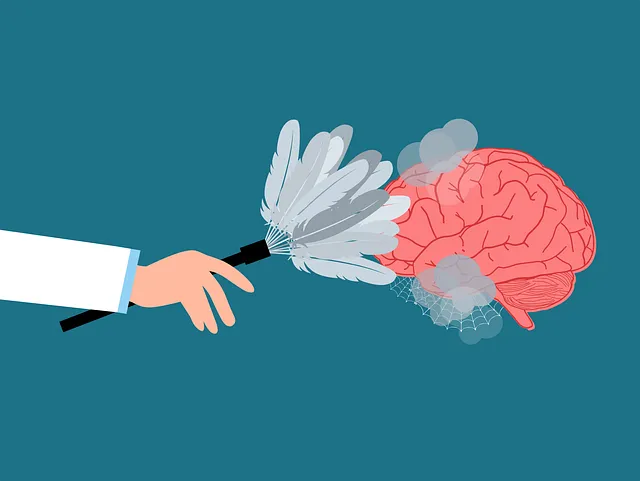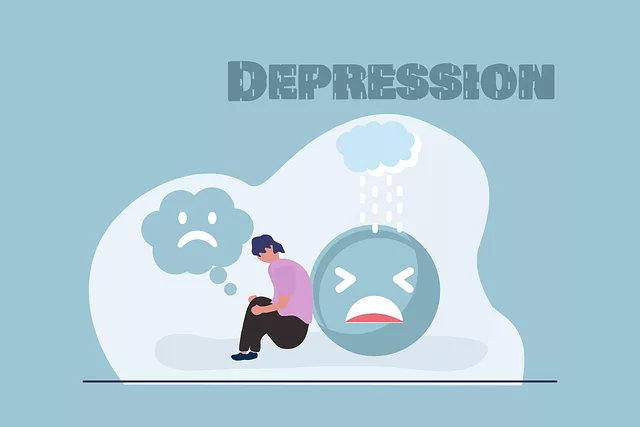The Lone Tree Kaiser Permanente mental health department number is a vital resource for individuals seeking support, focusing on risk assessment as a cornerstone of patient safety and care. Through comprehensive evaluations, the department develops personalized interventions like Mental Wellness Coaching Programs to address specific needs, ensuring proactive management of high-risk behaviors and improved patient outcomes. Lone practice providers face unique challenges due to their independent status, necessitating strong self-management skills and continuous professional development. A robust risk assessment framework integrates evidence-based practices and promotes staff resilience through initiatives like stress management workshops and mental wellness journaling exercises, enhancing overall mental wellness within the department.
Mental health professionals constantly navigate complex patient risks, especially in solo practices. This article delves into the critical topic of risk assessment within the unique context of the Lone Tree Kaiser Permanente mental health department, highlighting challenges and best practices. We explore essential components of a comprehensive risk assessment framework, strategies to mitigate risks, and enhancements for patient safety. Understanding these elements is vital for fostering secure and effective care environments.
- Understanding Risk Assessment in Mental Health Care
- Unique Challenges Faced by Lone Practice Providers at Kaiser Permanente
- Essential Components of a Comprehensive Risk Assessment Framework
- Strategies for Mitigating Risks and Enhancing Patient Safety at the Mental Health Department
Understanding Risk Assessment in Mental Health Care

In the realm of mental health care, risk assessment is a crucial process aimed at identifying and mitigating potential dangers to both clients and professionals. This involves a comprehensive evaluation of various factors that may contribute to adverse outcomes, such as self-harm or violent behavior. The Lone Tree Kaiser Permanente mental health department number serves as a vital resource for individuals seeking support while also ensuring the safety of its dedicated staff.
A thorough risk assessment goes beyond mere identification; it forms the basis for developing tailored interventions and strategies. For instance, Mental Wellness Coaching Programs can be designed to address specific needs, focusing on areas like self-esteem improvement. By proactively assessing risks, mental health professionals can create a supportive environment that fosters mental wellness while enhancing their ability to provide effective care.
Unique Challenges Faced by Lone Practice Providers at Kaiser Permanente

Lone practice providers within Kaiser Permanente’s mental health department face distinct challenges due to their independent status. Often working without direct supervision, they bear the full responsibility for patient care, caseloads, and administrative tasks. This isolation can lead to feelings of burnout and increased stress levels, as these professionals navigate complex cases and make critical decisions with limited immediate support.
Unlike larger teams, lone practitioners have fewer resources for mentorship and peer collaboration. They must self-direct their practices, including staying current with evidence-based treatments, managing administrative workloads, and ensuring compliance with regulations. This requires robust self-management skills and a commitment to ongoing professional development, which can be particularly demanding in the fast-paced environment of mental health care.
Essential Components of a Comprehensive Risk Assessment Framework

A comprehensive risk assessment framework for mental health professionals at Lone Tree Kaiser Permanente should encompass several essential components to ensure patient safety and well-being. Firstly, a thorough evaluation of the client’s history and current presentation is paramount. This includes understanding their mental health diagnoses, previous treatments, and any relevant social or environmental factors that might impact their wellbeing. The assessment should also delve into the individual’s emotional regulation strategies, identifying potential triggers for distress and any high-risk behaviors.
Secondly, integrating evidence-based practices such as Mental Wellness Coaching Programs Development, Social Skills Training, and Emotional Regulation techniques can enhance the risk assessment process. These programs not only equip professionals with valuable tools to support clients but also provide a structured framework for monitoring progress and identifying early warning signs of deterioration. By combining a comprehensive history review with these proactive interventions, Lone Tree Kaiser Permanente’s mental health department can deliver more effective care while mitigating potential risks within its patient population.
Strategies for Mitigating Risks and Enhancing Patient Safety at the Mental Health Department

To mitigate risks and enhance patient safety at the Lone Tree Kaiser Permanente mental health department, several proactive strategies can be implemented. Firstly, fostering resilience among staff through regular Resilience Building initiatives equips them to handle challenging situations effectively. This includes stress management workshops that provide organization-wide Stress Management Workshop Organization, empowering professionals with coping mechanisms to prevent burnout and ensure sustained quality care.
Additionally, introducing structured Mental Wellness Journaling Exercise Guidance can help individuals process their experiences and emotions in a safe, private manner. By encouraging reflective writing, mental health professionals can better understand their triggers and develop personal strategies for managing stress, thereby contributing to improved patient safety and enhanced overall mental wellness within the department.
Mental health professionals, especially those in lone practice settings like Kaiser Permanente’s unique network of providers, face distinct risks that require a tailored risk assessment approach. By understanding these challenges and implementing a comprehensive framework, the mental health department at Kaiser Permanente can significantly enhance patient safety and mitigate potential harms. This includes prioritizing regular risk assessments, fostering open communication, and adopting evidence-based strategies to navigate the complexities of lone practice, ensuring optimal care for all patients. Such proactive measures are crucial in maintaining a resilient and safe environment within the mental health department, catering to the diverse needs of its number of patients.



